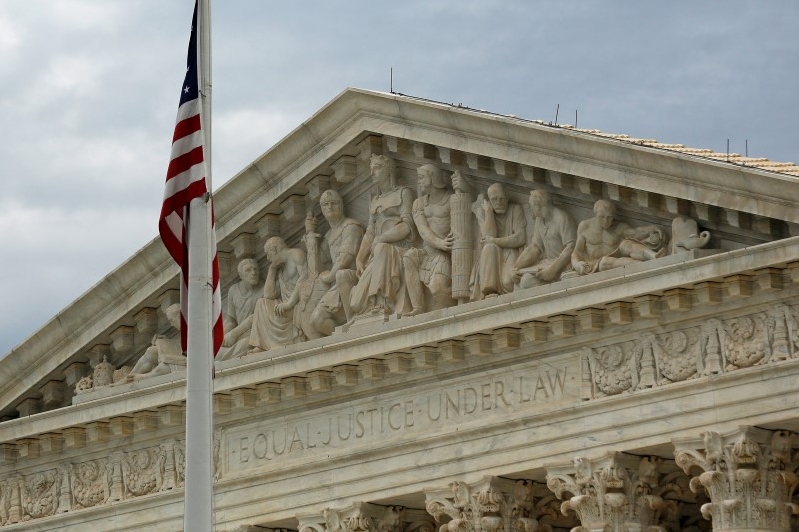
A federal judge on Thursday granted a two-week restraining order against an Arkansas law restricting use of the so-called abortion pill, one day before the statute was to go into effect.
Planned Parenthood of the Heartland, which operates two clinics in Arkansas, had challenged the law and U.S. District Judge Kristine Baker heard arguments on Wednesday before granting on Thursday the group's request for a temporary stay preventing the law's enforcement.
The judge will hear further arguments, but in her ruling said Planned Parenthood had a substantial chance of prevailing in its contention that the statute is an unconstitutional infringement on a woman's right to obtain an abortion.
Attempts to restrict abortion in Arkansas have intensified in recent years as Republicans took control of both chambers of the legislature and, in January, the governor's office.
State law now requires pre-abortion counseling and a 24-hour waiting period before the procedure.
The law the judge ruled on Thursday, which was approved by the state legislature in March, would require organizations or individuals dispensing mifepristone to maintain a contract relationship with a physician who has hospital admitting privileges. It also stipulates that the patient receive two more doses of the drug than the four presently required by law.
Mifepristone is intended to induce miscarriage when taken in the first two months of pregnancy.
Planned Parenthood also maintained that the extra dosage is clinically unnecessary and thus imposes an undue financial burden.
The group said it had tried without success to establish contract relationships with physicians, relating in court papers that doctors were fearful to enter into such an agreement with Planned Parenthood for fear of reprisals.
"At this early stage of the proceeding, the court finds that, in the case of medication abortion, any benefit of admitting privileges in terms of continuity of care is incrementally small," Baker wrote in her ruling.
The judge also took issue with the state's contention that the extra dosage was necessary. She said the law appeared to be based on "inaccurate, incomplete, irrelevant, or outdated" data.
The state argued that the law was necessary to protect women's health.
Governor Asa Hutchinson, who signed the bill into law, said he hoped the judge would reverse her decision after hearing further arguments.
"Planned Parenthood places a premium on the convenience of abortion providers over the health and welfare of women seeking these procedures," Hutchinson said.






